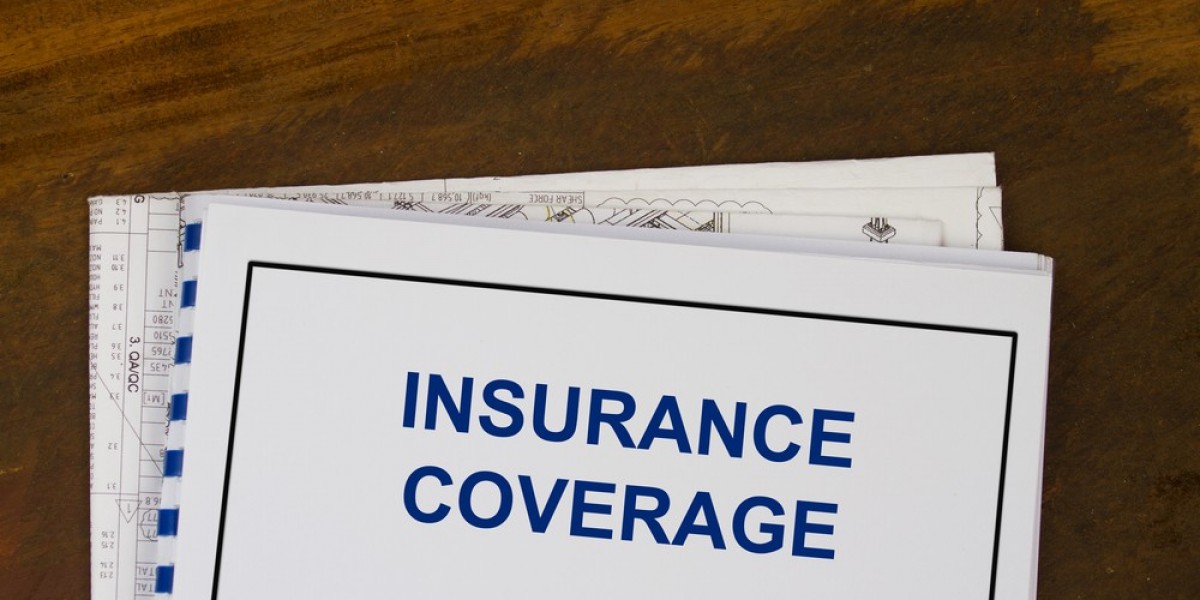Insurance plays a crucial role in protecting individuals and businesses from financial catastrophe. Yet, behind the promise of security lies an intricate network of investigations designed to verify claims, assess risks, and detect fraud.
These insurance coverage investigations, though essential for maintaining the integrity of the system, also raise profound ethical questions. How far should insurers go in seeking the truth? When does necessary scrutiny cross the line into the violation of privacy? Balancing protection and privacy has become one of the most pressing ethical challenges in the insurance industry.
The Purpose of Insurance Investigations
At their core, insurance coverage investigations serve a legitimate and even indispensable function. Insurers must ensure that the claims they pay are valid and that policyholders have provided accurate information when applying for coverage. This process protects the collective pool of insured individuals—whose premiums fund payouts- from exploitation by fraudulent actors.
Fraudulent claims are not rare. The Coalition Against Insurance Fraud estimates that insurance fraud costs billions of dollars annually, increasing premiums and straining company resources. For insurers, conducting investigations, ranging from reviewing documents to employing private investigators or digital surveillance, is a practical necessity to deter and detect deception.
However, while these investigations are grounded in the need for fairness and financial responsibility, they often require delving deeply into personal information. The ethical challenge arises when insurers must determine how much intrusion is justified in pursuit of the truth.
Privacy as a Moral and Legal Imperative
Privacy is a fundamental ethical principle and, in many jurisdictions, a legal right. Insurance investigations often involve collecting sensitive personal data, including medical histories, financial records, employment information, and even surveillance footage. The ethical question is not simply whether insurers can access this data, but whether they should—and under what circumstances.
For example, in health or disability insurance claims, investigators may request medical records or consult physicians to verify the legitimacy of an illness or injury. While such access can prevent fraud, it can also expose deeply private information unrelated to the claim.
Similarly, surveillance of claimants suspected of exaggerating injuries—such as videotaping them performing physical activities, can be seen as either due diligence or unwarranted intrusion, depending on context and proportionality.
The principle of respect for autonomy demands that individuals retain control over their personal information. Ethical investigations, therefore, must be guided by consent, necessity, and proportionality. Just because information can be obtained does not mean it should be.
The Role of Consent and Transparency
Ethical insurance practice hinges on transparency. Policyholders have a right to understand how their information will be used and the extent to which investigations might occur. Many disputes arise from a lack of clear communication: claimants may not realize that submitting a claim could authorize certain forms of investigation.
Informed consent is not merely a bureaucratic formality but an ethical safeguard. Insurers should disclose, in accessible language, the nature of potential investigations, data collection methods, and how privacy will be protected. This transparency builds trust—a critical yet fragile element in the insurer-policyholder relationship.
Yet, the reality is that consent in insurance is often more implicit than explicit. Standard policy agreements contain extensive, complex clauses that most policyholders neither read nor fully understand. Ethically, insurers bear a responsibility to ensure that consent is meaningful, not merely procedural.
The Problem of Surveillance and Digital Ethics
Technological advancement has vastly expanded the investigative toolkit of insurers. Social media, data analytics, geolocation tracking, and AI-based behavior analysis have revolutionized how insurers assess risk and detect fraud. However, these innovations also create new ethical dilemmas.
Social media monitoring, for example, has become a common investigative practice. An insurer might review a claimant’s online activity to identify inconsistencies—such as a person claiming disability benefits posting photos of themselves skiing. While seemingly reasonable, this practice can easily slip into overreach. Online personas are often curated, humorous, or taken out of context, and conclusions drawn from them may be misleading or prejudicial.
Moreover, algorithms used to detect suspicious claims may inadvertently encode bias. AI-driven systems could disproportionately flag certain demographic groups, leading to discriminatory treatment. Without transparency and oversight, automated investigations risk violating ethical principles of fairness and accountability.
The digital age thus demands a recalibration of investigative ethics. Insurers must weigh the benefits of technological efficiency against the moral obligation to respect individual dignity and prevent misuse of personal data.
The Principle of Proportionality
A cornerstone of ethical investigation is proportionality: the idea that the invasiveness of an inquiry should correspond to the severity of the suspected wrongdoing or the stakes of the claim. Minor discrepancies in a claim do not justify extensive surveillance or data harvesting.
Conversely, in cases of substantial suspected fraud involving large sums, more intensive methods may be ethically permissible—provided they remain lawful and justifiable.
Proportionality also requires consideration of potential harm. An investigation that exposes sensitive medical conditions, damages reputations, or causes psychological distress must be carefully justified. The goal should be to minimize harm while still fulfilling the insurer’s legitimate objectives.
Legal and Regulatory Frameworks
Ethical standards in insurance investigations are reinforced by legal frameworks, such as data protection laws and privacy regulations. In the European Union, the General Data Protection Regulation (GDPR) imposes strict rules on data collection, requiring that personal data be processed lawfully, transparently, and for legitimate purposes. In the United States, laws such as the Health Insurance Portability and Accountability Act (HIPAA) govern how health-related information can be used in insurance contexts.
However, compliance with the law does not automatically equate to ethical behavior. Legal standards often represent minimum requirements, not moral ideals. Ethical insurers go beyond compliance, implementing internal codes of conduct, oversight mechanisms, and regular audits to ensure investigative practices align with broader societal values.
The Human Dimension: Empathy and Fairness
Behind every insurance claim is a human story—often one of loss, illness, or financial hardship. Ethical investigations must recognize this human dimension. Investigators and claims adjusters operate not only within legal boundaries but within moral communities where empathy, fairness, and respect should guide their actions.
Dehumanizing claimants or treating them as potential fraudsters by default corrodes trust and undermines the ethical foundation of insurance. The presumption of honesty should prevail unless credible evidence suggests otherwise. An ethical insurer fosters a culture where investigators are trained to balance skepticism with compassion and objectivity with discretion.
Building Ethical Frameworks for the Future
To navigate the tension between protection and privacy, insurers can adopt several best practices:
Establish Clear Ethical Guidelines: Create comprehensive codes of conduct that outline acceptable investigative practices, with particular attention to privacy and consent.
Implement Oversight Mechanisms: Independent ethics committees or data protection officers can review investigation methods and ensure accountability.
Promote Transparency: Communicate openly with policyholders about data usage, investigative triggers, and rights to appeal.
Use Technology Responsibly: Employ AI and data analytics ethically, with safeguards against bias and misuse.
Prioritize Training: Equip investigators and claims personnel with ethical decision-making frameworks that balance diligence with empathy.
These steps not only protect policyholders but also enhance insurers’ credibility in an increasingly skeptical public environment.
Conclusion
Insurance coverage investigations occupy a delicate moral space between protection and intrusion. On one hand, they are essential for maintaining the fairness and financial sustainability of the insurance system. On the other, they risk eroding privacy, dignity, and trust if conducted without restraint or transparency.
The ethical path forward lies in balance, ensuring that the pursuit of truth never eclipses respect for individual rights. Insurers must remember that their ultimate mission is not merely to detect deceit, but to provide protection in a manner that honors human dignity.
In an era of expanding surveillance and data power, the true measure of ethical insurance practice will be found not in how much insurers can uncover, but in how responsibly they choose to do so.


